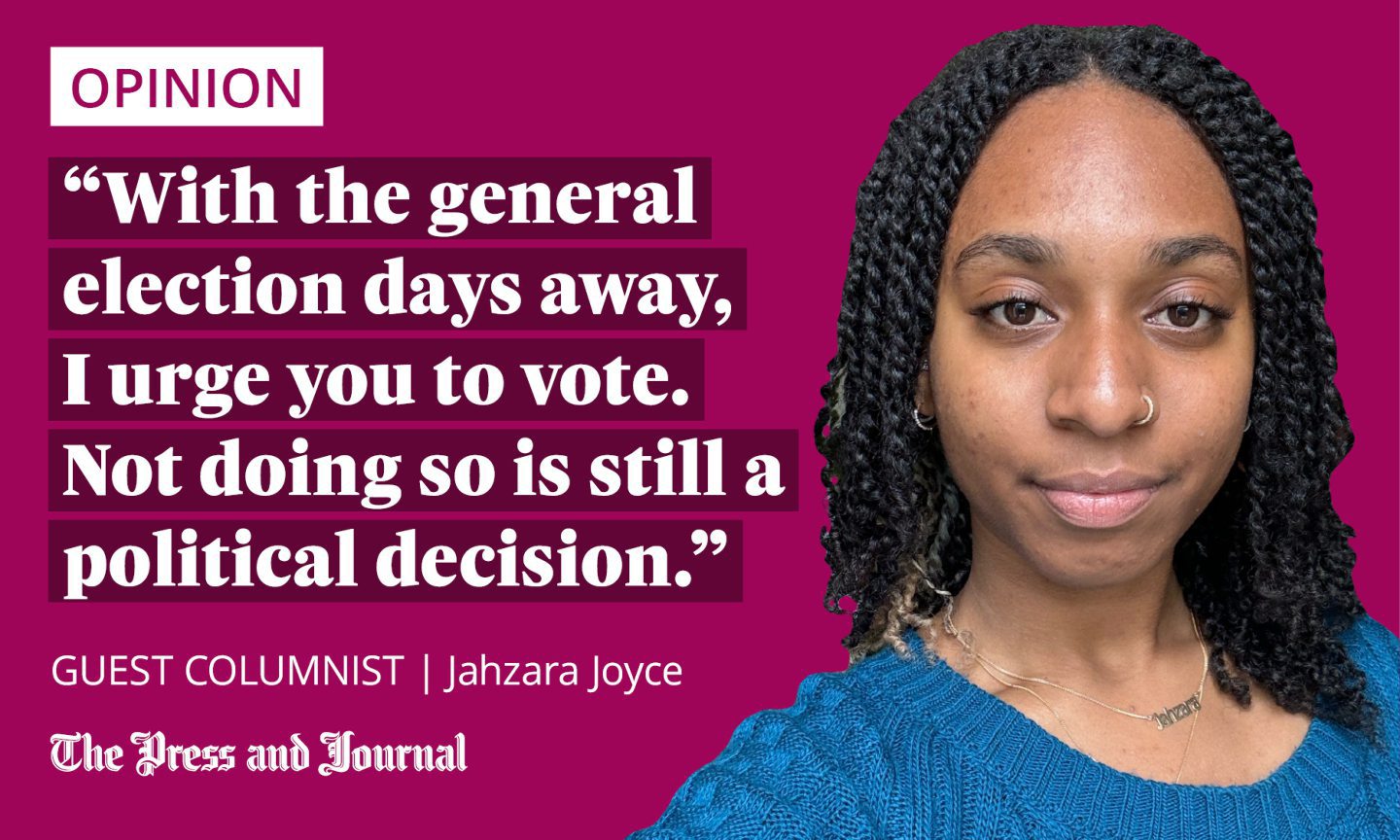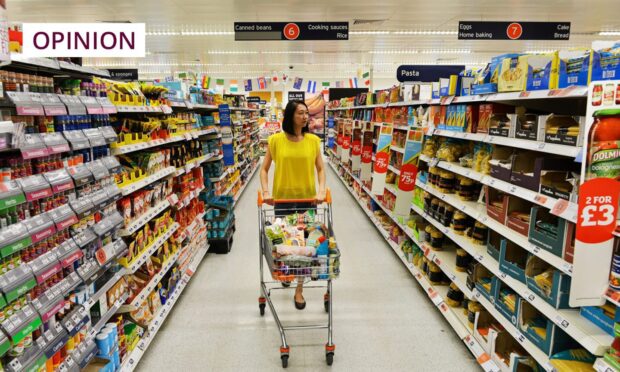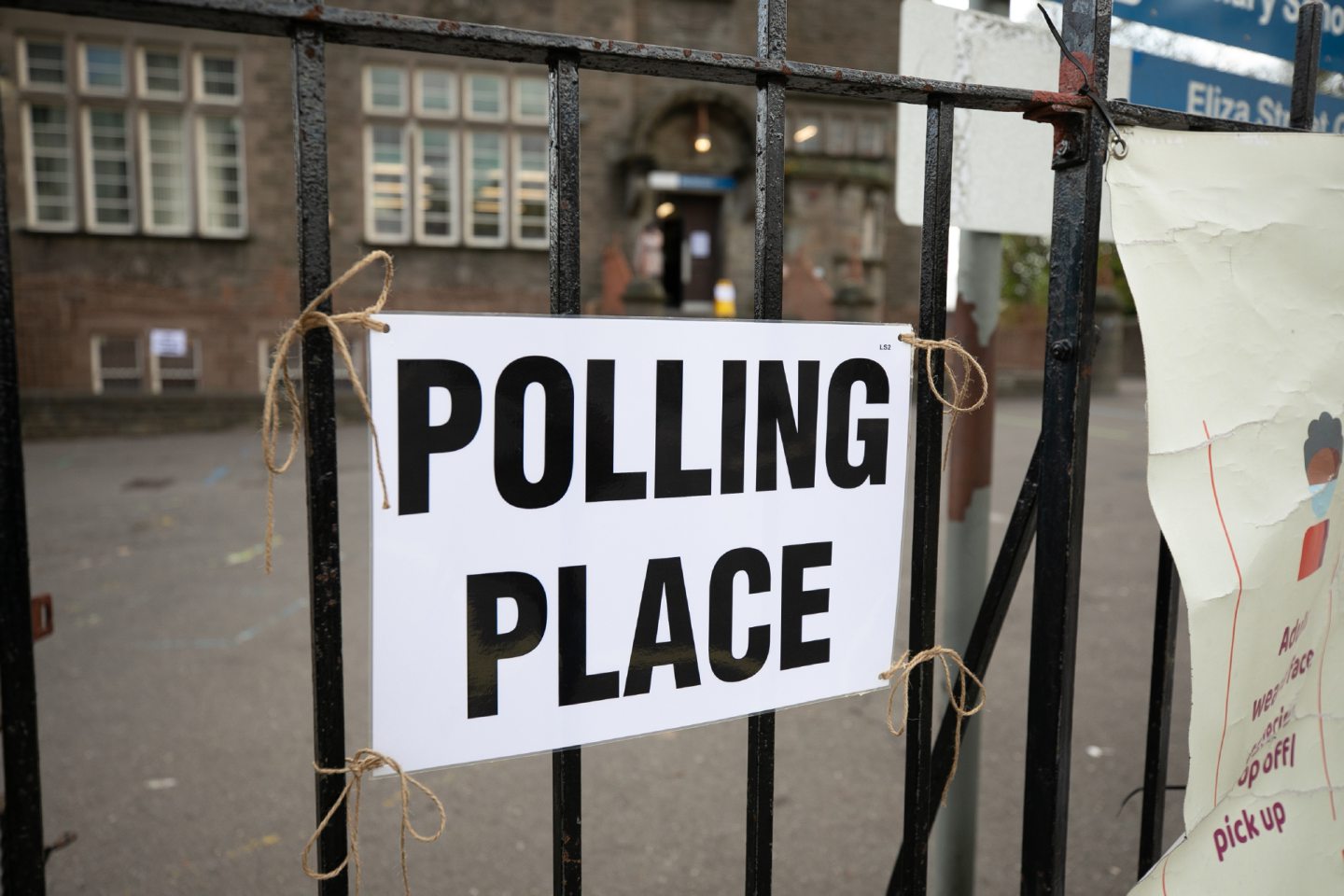We all know someone who is apolitical.
They complain, as they are entitled to, about the state of the government and their community, yet maintain that they’re “not into politics”, and question why they should bother to vote.
Too often, people fail to make a connection between their everyday life and politics – in part, because we have been taught to view the two as separate.
Buying groceries and voting seem to be entirely different aspects of life. That is, until we see that the price for sugar and eggs has gone up, and swiftly complain about inflation – but fall short of making the connection between this and the importance of voting.
Political disengagement has also grown as British politicians have, time and time again, shown the public that they cannot be trusted, and politics has been reduced to nothing more than a spectacle.
Some people believe that if the suffering is not on their doorstep, it does not concern them. This stance inherently comes from a place of privilege; from the security of knowing that the outcome will not (explicitly or immediately) impact them. This allows people to turn a blind eye to devastation, choosing ignorance over empathy.
As a British citizen from the East Midlands of England, I have heaps of privilege that goes largely unaddressed in my everyday conversations. For example, I do not have my grandmother’s accent; I am a born British citizen and, as such, I will never understand her struggle.
Accents play an excessive role in our judgments of others. We hastily and habitually use them to assume intellect, social status, class, professionalism and more – all which prove detrimental to the livelihoods of many people living in the UK.
But it is easy to discount our privileges’ significance, and easier still to be oblivious to them entirely.

Choosing neutrality or inaction is also a privilege, as many people have no choice but to be political. I must be political because my blackness demands it. Sheku Bayoh’s death in Police Scotland’s custody after being restrained by officers in 2015 makes that clear to me.
I must be political because my womanhood demands it. Sarah Everard’s kidnap, rape and murder in 2021 by an off-duty Metropolitan police officer who weaponised his position makes that clear to me.
The list of people reduced to examples of systemic discrimination continues and, as a result, I will never turn to the police for safety or protection. As a Black woman, I know I will not find it there.
Don’t choose to do nothing
With the general election days away, I urge you to vote. Not doing so is still a political decision. One can only adopt a neutral view on politics if disinterested in the outcome. That neutrality gives tacit consent to the status quo – a status quo which is both covertly and overtly oppressive.
UK general elections are one major way we can all engage in politics and make a difference. The implications of being apolitical bear the heaviest on the already marginalised. To be given the chance to do something and to choose to do nothing would be more than a disservice – it would be a betrayal. A betrayal to the vulnerable people to whom we owe so much.
In deciding not to read party manifestos or actively engage in what you perceive as “politics”, you are expressing your support for the current state of your hometown, as well as your support of the current state of the UK and of the world.
Take, for instance, the ongoing genocide in Palestine. There have been weekly protests in support of Palestinian liberation throughout the UK, with a YouGov poll suggesting that around 69% of Brits are in favour of an immediate ceasefire in Palestine.
This statistic is, for the most part, the same as the YouGov poll taken three months prior. Yet, during this time, the UK Government has failed to take any serious steps towards demanding an immediate and permanent ceasefire in Gaza.
If you choose not to vote, you are enabling governments to abuse their power and silence the public – the people they are meant to serve.
We can no longer be apathetic
I know many Palestinians who feel forced to put their grief on display and perform for us to prove they are worthy of our attention. They must engage in protests and direct action. Their action is, literally speaking, a matter of life or death.
Disabled people, trans people, queer people, and people of colour are also obliged to demonstrate their humanity. The list of those whose very existence is political goes on and on.
Being apolitical is a privilege only some can afford. We can no longer be apathetic towards another’s plight just because we perceive it as their fight alone.
If your empathy doesn’t lead you to vote on Thursday, let self-interest motivate you. As long as any group remains oppressed, the confines of that group can always be shifted to include you.
Exercise your right to political action this week. Do not let time pass you by without making a difference – and do not underestimate the difference one vote can make.
Jahzara Joyce is a first year student at the University of Edinburgh
- This article is part of a partnership with Pass the Mic, a project focused on increasing representation of women of colour in Scottish media



Conversation